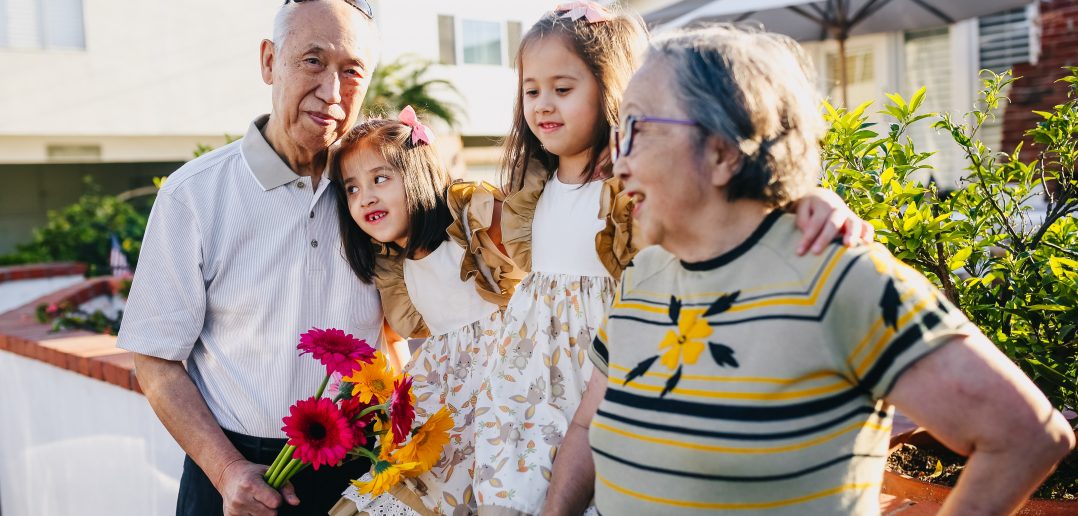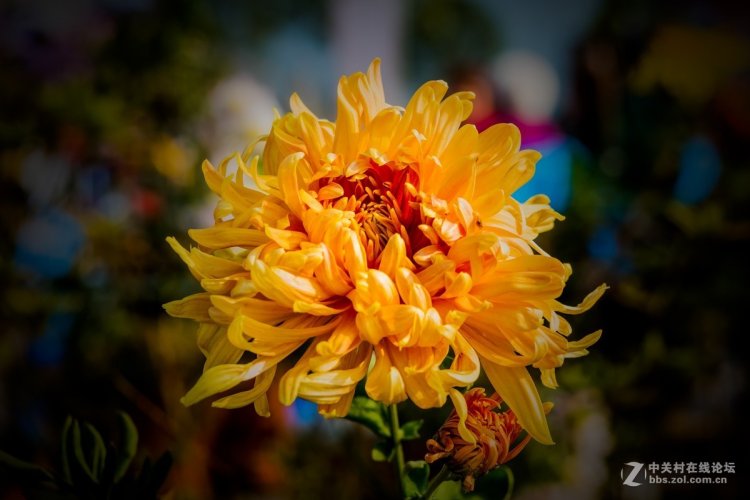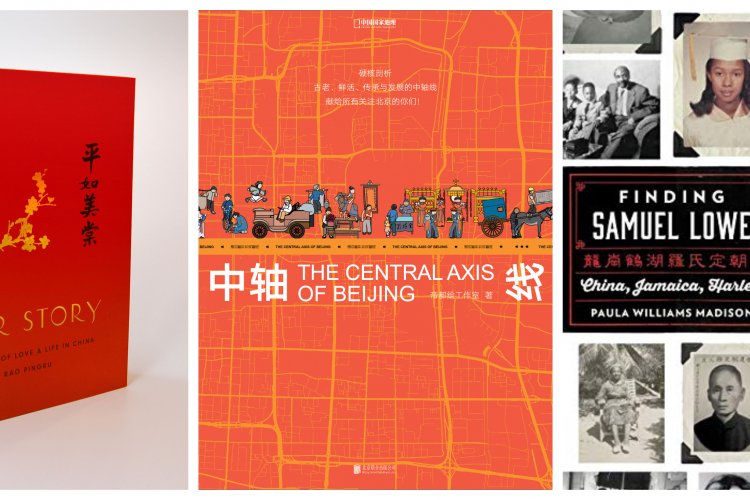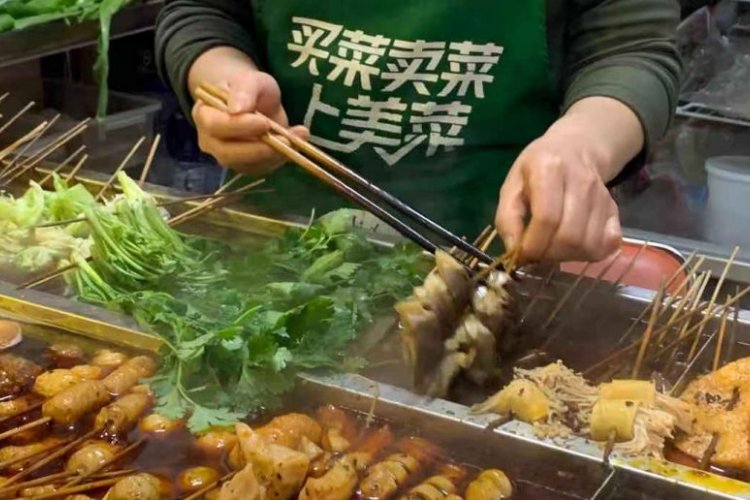Grand Parents’ Roles And Expectations in Different Cultures
Grandparents are affectionately known by different names around the world. In Swahili, it’s Bibi for grandma and Babu for grandpa while the Chinese call them Nai Nai and Lao Lao. The Zulu people from South Africa call them Ugogo and Ubabamkhulu, while the Swedish say Mormor and Farmor. In Dutch, it’s Oma and Opa and in Spanish, Abuela and Abuelo.
As the number of households with dual-career parents continues to grow, perhaps the most common role for grandparents nowadays is providing childcare for their grandchildren. But they are much more than mere babysitters.
- They are a central point of unity for families, providing grandchildren with a deeper understanding of where they come from.
- They impart cultural knowledge that gives grandchildren an identity and a sense of belonging.
- They are voices of experience, thanks to their age and what they’ve lived through. With this experience, they are able to provide emotional support and advice in decision-making.
Aside from these overarching characteristics though, their roles and expectations vary from culture to culture.
Asia:
Asian grandparents tend to reside with their children and their children’s children in one home. Here, they provide childcare for the grandkids and support the running of the family, often on a full-time basis. In some societies like Korea, grandparents are paid for child care while in others, it’s “on the house.”
Africa:
Grandparents in Africa serve as a veritable encyclopedia for cultural values and norms. They pass on family traditions to their grandchildren through storytelling, teaching manners, discipline, how to cook, and religious values.
For instance, in Kenya, it’s common for the proverbial “birds and bees” conversation to happen between grandparents and grandkids.
Europe/West:
In most European countries multigenerational households are all but extinct. Grandparents tend to live independently, away from the nuclear family. Even so, their role in helping raise their grandchildren remains pivotal. With the rising number of divorces and single-household-parents that still work full time, grandparents often step in to help take care of their grandchildren. There have been a number of progressive policies enacted by many European countries to make sure grandparent childcare roles are recognized and duly rewarded. For example, by allowing parental leave or allowances to be transferred to a grandparent.
Spoiled by grandparents:
In my mum’s eyes, her (over 21 and counting) grandkids can do no wrong – they are perfect. Naughtiness is explained away as “typical” behavior and she gets cross when we raise our voices at her grandkids. She feeds them until they get fat tummies because that’s a mark of good feeding and health – the tummy has to be slightly rounded.
In China, with the so-called “4-2-1” family structure (four grandparents, two parents, and one child), the spoiling is taken to whole new heights with kids having both camps of grandparents at their whim. Even with some families opening up to two children again, the dynamic remains.
Grandchildren aren’t the only ones who benefit from this multigenerational relationship. Grandchildren also have a positive impact on their grandparents. They help them feel younger and more lively.
Grandparents also get the chance to re-live parenthood, albeit in a more relaxed way (read: They get to hand the kids back to the parents at the end of the day).
Likewise, with grandkids, grandparents are kept up to date with all the latest technology. One of my mum’s grandkid’s roles is to help her navigate the modern world and all its mind-boggling technological advances. It is hilarious watching her explain to my mum what a GIF is, or how to use “Skype” and “Teams.”

In 2021, Pope Francis declared World Day for Grandparents and the elderly to fall annually every fourth Sunday of July. However, many countries around the world have been celebrating Grandparents Day for years now. In England, it falls on every first Sunday in October while in Australia, it’s on every last Sunday in October. In the Netherlands, “Opa en Oma Dag” falls on June 4, and in Japan, it was declared a National Holiday and is celebrated on the third Monday of September.
For some lucky grandkids, Grandparent Day is every day of the week.
This blog originally appeared on our sister site, Jingkids International.
READ: Brilliant or Disastrous? When Foreign Names Get Chinese Translations
Photos: www.pexel.com







